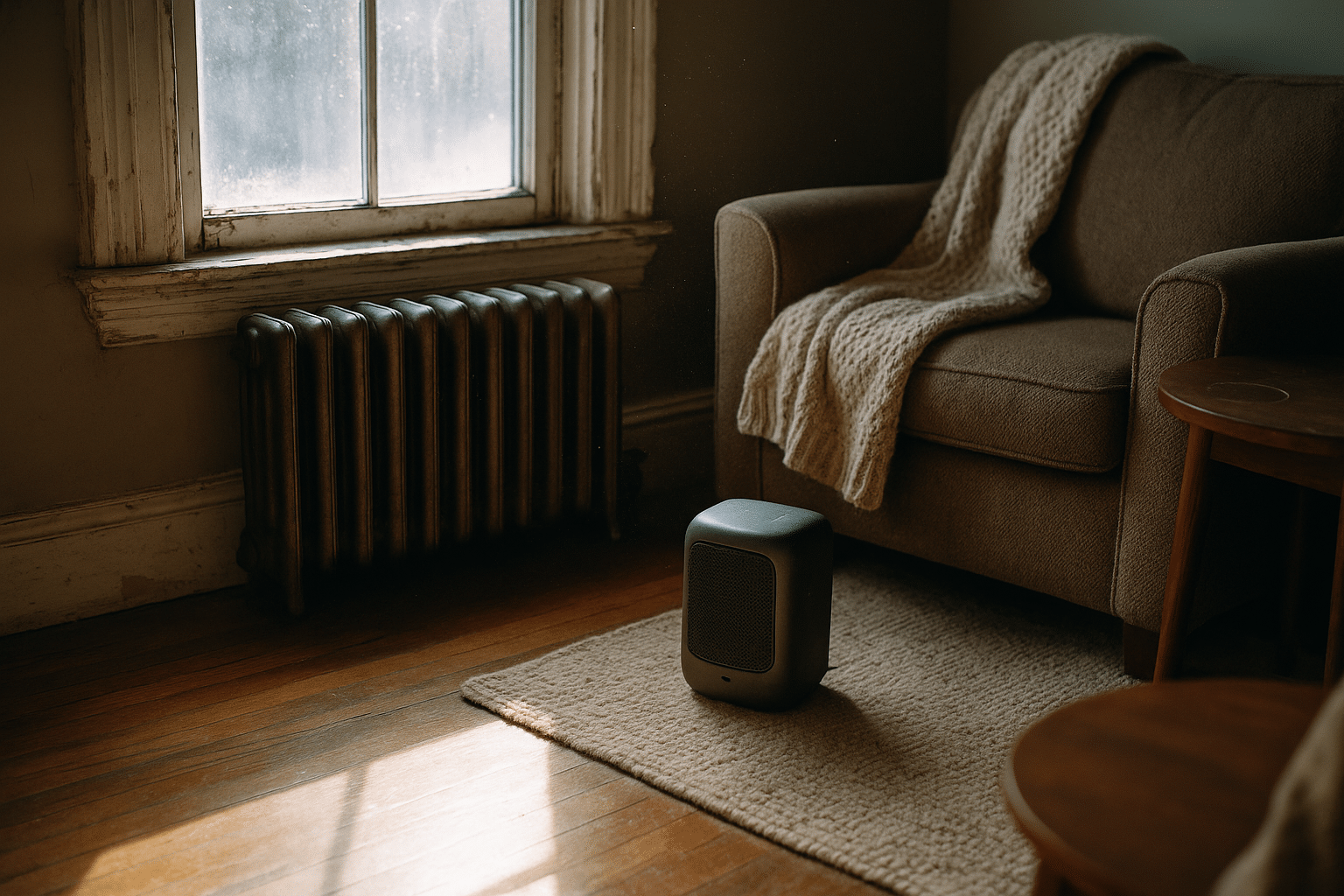
Energy-Efficient Home Appliances: What You Need to Know
As energy conservation becomes a growing priority for households worldwide, understanding the benefits of energy-efficient home appliances is crucial for those looking to reduce their carbon footprint and save on utility bills.
Energy-efficient home appliances are designed to use less electricity or water than their conventional counterparts, making them an integral part of sustainable living. According to the U.S. Department of Energy, the average household can save up to 25% on energy bills by using these appliances. This not only helps the environment but also offers significant cost savings.
Why Choose Energy-Efficient Appliances?
One of the primary reasons to opt for energy-efficient appliances is their positive impact on the environment. By consuming less energy, these appliances contribute to lower greenhouse gas emissions. The Environmental Protection Agency (EPA) estimates that if every U.S. household replaced just one appliance with an energy-efficient model, it would save enough energy to light 2.5 million homes annually.
Expert Opinions
“Choosing energy-efficient appliances is one of the simplest ways to reduce your home’s energy consumption,” says Lisa McKay, an energy conservation specialist. “It’s a long-term investment that pays off in both environmental and financial terms.”
Data and Statistics
| Appliance | Energy Savings (%) |
|---|---|
| Refrigerator | 15-20% |
| Washing Machine | 25-30% |
| Dishwasher | 10-15% |
| Air Conditioner | 8-12% |
| Oven | 5-10% |
| Dryer | 15-20% |
| Water Heater | 15-25% |
| Lighting | 75-80% |
Personal Experience
Consider the experience of Michael, a homeowner who switched to energy-efficient appliances two years ago. Michael reports a noticeable decrease in his monthly utility bills, amounting to an annual saving of over $300. “It was a significant upfront cost, but the savings and environmental benefits have made it worth every penny,” he shares.
Tips for Choosing Energy-Efficient Appliances
- Check for Energy Labels: Look for appliances with the ENERGY STAR label, which indicates high efficiency.
- Consider the Size: Choose an appliance that fits your household needs; oversized appliances can waste energy.
- Read Reviews: Explore consumer reviews to understand the performance and efficiency of different models.
Consider the total cost of ownership, including purchase price, installation, maintenance, and energy consumption, to make an informed decision.
Additional Resources
For more information, you can visit the ENERGY STAR website for guidance on energy-efficient products and tips.
Frequently Asked Questions
What is the ENERGY STAR label?
The ENERGY STAR label is a government-backed symbol for energy efficiency, providing simple, credible, and unbiased information that consumers and businesses rely on to make well-informed decisions.
Are energy-efficient appliances more expensive?
While the initial cost may be higher, the savings on utility bills and the positive environmental impact make them a worthy investment.
Conclusion
Switching to energy-efficient appliances is a practical step towards sustainable living. Not only do they help in reducing energy consumption, but they also offer long-term savings. Start making conscious choices today to contribute to a greener tomorrow.


